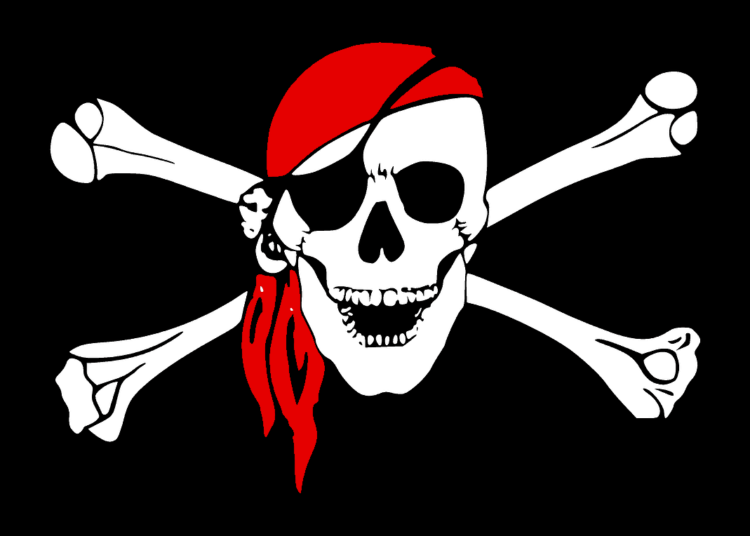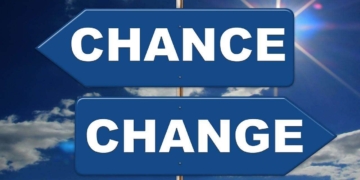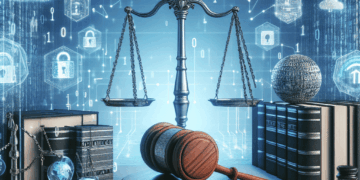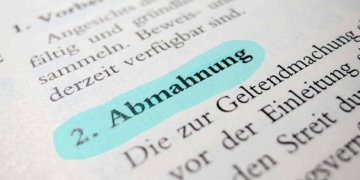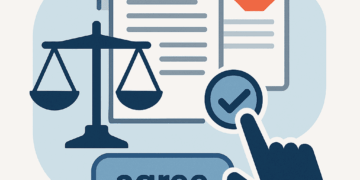Since the topic is topical in Germany, today a short execution on criminal responsibility for the operation of pirate servers. Back in February of this year, one operator fell foul of the issue(see this post).
In addition to criminal law, the operation of pirate servers, or often called private servers, also has, of course, a copyright component. However, I shall now disregard this, because the legal issues behind it can be extremely complicated in detail and, above all, peppered with international legal issues.
But it is also these details that complicate the criminal aspects. Since there are also unpleasant things, such as pre-trial detention, that are also a matter of pleasure.
However, criminal liability usually results from criminal norms in copyright and trademark law, e.g. Section 106 I UrhG. The penalty is even higher in the case of Section 108b UrhG, which can also be relevant quickly, since the special protection under Section 95a UrhG (circumvention of protective measures), which does not actually apply to software pursuant to Section 69a V UrhG, applies to computer games, due to the combination of graphics , videos and code, according to the common opinion, should not be used. For me personally, this is a very questionable case law, because I personally hardly know any software, including the operating system Windows, which does not contain graphics, sounds and/or videos. However, it is current case law, certainly also forced by good lobbying, which is unfortunately represented up to the Federal Court of Justice (last in the World of Warcraft I decision).
By the way, in cases of Section 106 of the UrhG and The Journal of The First Division, it is irrelevant whether you operate the private server privately and thus do not make any money. On the contrary, commercial action is a qualification and even increases the penalty framework.
The situation is different only in trademark law, for example under Section 143 I No. 1 of the Trademark G, because a trademark infringement can in principle only exist in the case of commercial activities. In the end, however, this should no longer be important.
In addition to the criminal consequences, which can also affect one’s own subsequent applications, activities as a self-employed person and many other areas, the confiscation of the proceeds of the offence, the confiscation of objects, the confiscation of servers and PCs and claims for destruction and damages in the context of an adhesion procedure as a subsidiary plaintiff are very likely.
The operation of such a server, if it is a good idea at all, is therefore certainly not advisable without clarifying the copyright and criminal aspects and examining matters such as possible international references. The operation is quite conceivable, but it is a grey area and should not take place without legal advice. The same applies, of course, if the child has already fallen into the well and the police or prosecutor has become “greedy”. Advice from a lawyer is recommended quickly in order to minimize the “damage”.


